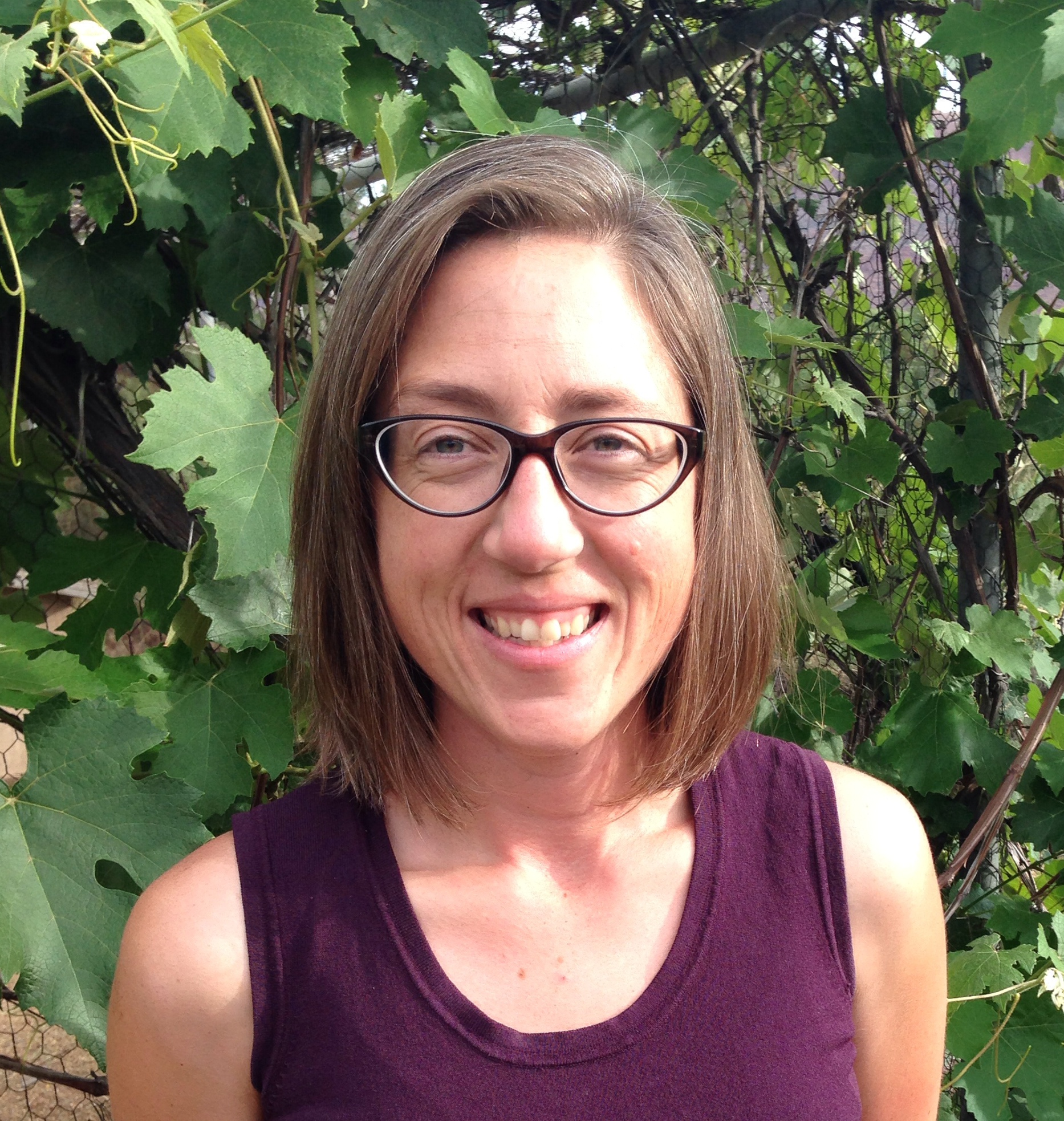Some information may be outdated.
The Moab Free Health Clinic (MFHC) hosted an open house Thursday, July 10 to welcome new executive director Beth Joseph.
“It is so great to be around people who are doing what they love,” Joseph said. “The collaboration here is great.”
The MFHC started in 2008, to “ensure that all members of the Moab community have access to medical care and health resources regardless of race, religion, age, gender, health care coverage, or financial need.”
Prior to her new role, Joseph was deputy recorder for the City of Moab for five years. She also serves as a school board member and was chair of the Moab Community Action Coalition.
She said she has always had a passion for working with youth and social services, and was particularly drawn to working in the medical field out of an interest in “expanding access to medical and mental health services for Moab residents who find themselves un- or under-insured”
The clinic’s services are offered for individuals who meet certain eligibility requirements. Services, which are all donated by volunteer medical providers, include primary-care services, such as general care, mental health and massage therapy; and specialty care services, such as pediatrics care, women’s health services and podiatry care.
MFHC Board of Directors president Danette Johnson said that with the addition of the full-time director, the clinic can work on further expanding its services. The clinic is looking to not only provide more services, but to move into a larger facility.
“We are at the point where we are ready to expand,” she said. “We needed a full-time position to make it happen.”
Johnson said Joseph was selected for the position because of her relationship with the community and her experience with working with volunteers.
“We had really good applicants,” Johnson said. “The big thing with Beth is she is local. She has established long-term relationships within the community. We also needed someone who understood how to work with VISTA volunteers, and Beth had that.”
One of the pressing issues that Joseph and the MFHC staff and board will be working on will be addressing changes brought about by the Affordable Care Act (ACA) and changing Medicare rules.
“The ACA hasn’t really affected us just yet, but changes will be happening over the years,” Johnson said.
Johnson explained that Utah has yet to expand the state’s Medicare program, one of the few in the country to not yet have done so, and this is creating a larger population of uninsured and under-insured individuals.
“In our state in particular, there are a lot of people falling though the cracks,” Johnson said.
Joseph agreed that some of the challenges she will face in her new position are from ACA and Medicare changes.
“Things are changing so rapidly with health care in general,” she said. “It is kind of this moving target because we don’t know about Medicaid expansion and what not. There are the people that are uninsured and who can’t afford insurance. There are also the really people on really high deductible plans because of ACA. We have to find the balance of working with un- and under-insured and then help people to become insured.”
Will Cornett, the clinic’s volunteer coordinator, said the clinic has around 50 active volunteers providing a variety of services from clerical work to medical care. Ten EMTs volunteer for blood draws and intakes. For medical care, the clinic has five physicians, five registered nurses, and three mid-level providers. There are also six mental health providers who see patients through the clinic.
“Whether you’re a physician or an individual without any medical experience at all, we have something for everyone,” Cornett said. “You can be a medical provider offering primary or specialty care for a patient, a health professional providing educational services, or someone who just wants to help with administrative work. We even have volunteers help us keep the clinic clean and pull weeds. No matter the task, big or small, we appreciate every single one of our volunteers, because without them, the clinic wouldn’t be able to continue providing quality care.”
In addition to clinic services, the MFHC also offers other services that are available regardless of health insurance status.
“We provide medical care, but we also provide educational services and are a gateway to help patients get the services they need,” Johnson said.
During open-enrollment periods for health insurances, the MFHC will assist anyone with signing up for coverage. The clinic also offers referrals for specialists or outside providers, free HIV/STD testing clinics, flu shot clinics, prescription assistance programs, and various community health education events.
“We are a place you can come and even if we aren’t providing the medical services, we can help direct you where to go,” Johnson said.
Johnson said the clinic, in one capacity or another, works with an average of 100 people per week.
“We treat between 45 and 60 patients a week,” she said. We have around 5-to-15 prescription assistances weekly, and between 25 and 40 walk-ins or calls with questions,” she said.
The MFHC is a nonprofit organization that receives funding through grants and private donations. Patients are also asked to give a $15 donation for primary care services and a $20 donation for specialty care.
The clinic has a contact form on its website, moabfreehealthclinic.org, and can also be reached via phone or walk-in. The clinic is located at 350 S. 400 East, open Monday through Friday from 9 a.m. to 5 p.m., and its phone number is 435-259-1113.
Beth Joseph selected because of experience, community relationships
“We are at the point where we are ready to expand. We needed a full-time position to make it happen.”
Appreciate the coverage? Help keep local news alive.
Chip in to support the Moab Sun News.





